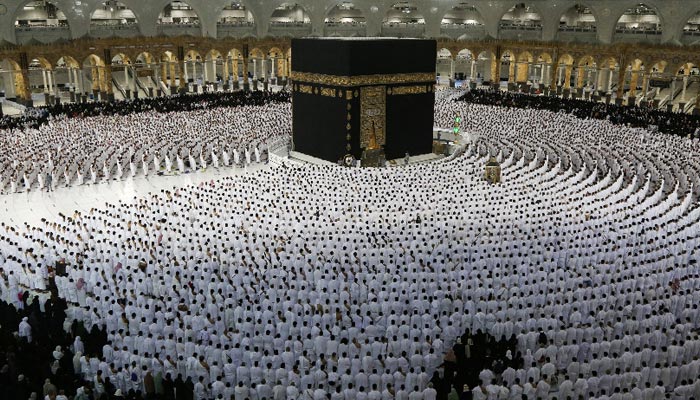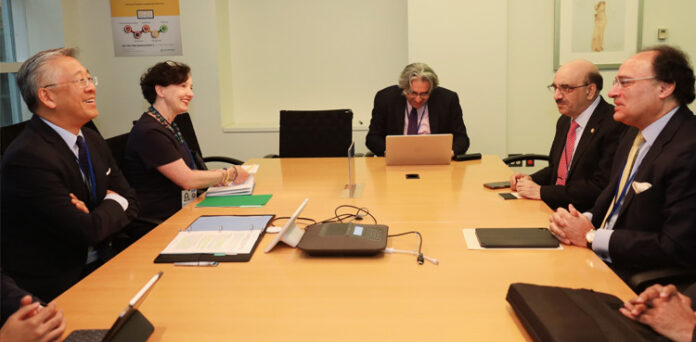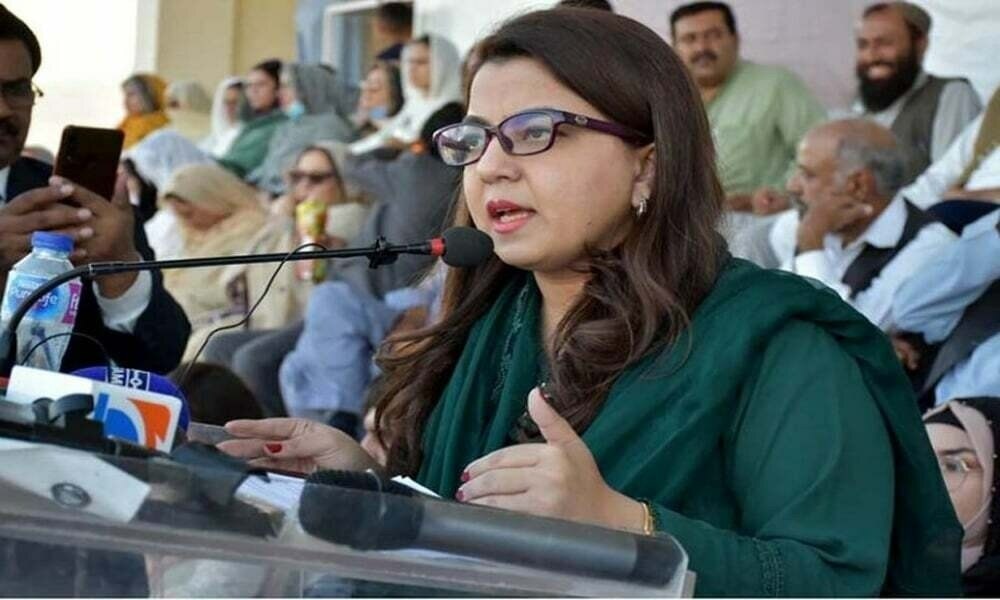Business
How much will this year’s Hajj cost for Pakistanis?
-
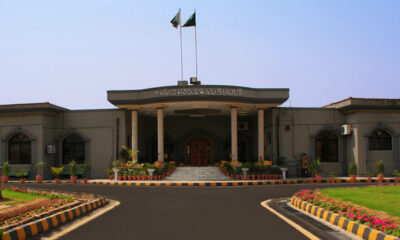
 Latest News3 days ago
Latest News3 days agoToday, IHC will hear Qureshi, the founder of PTI,’s arguments against his conviction in the CCI case.
-

 Business3 days ago
Business3 days agoFinance Minister Aurangzeb claims that Pakistan and the IMF are talking about a new multibillion-dollar initiative.
-
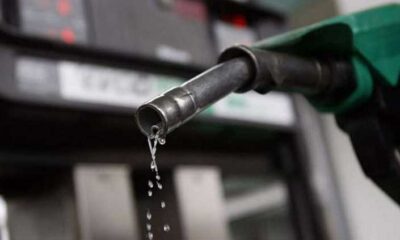
 Business3 days ago
Business3 days agoThe cost of a liter of petroleum increased by much to Rs 8.14.
-
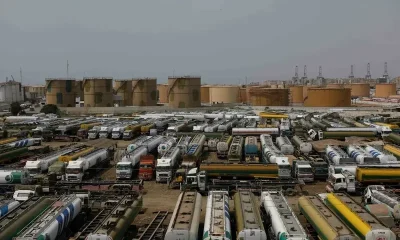
 Business3 days ago
Business3 days agoOwners of oil tankers stop the provision of fuel in favour of their demands.
-

 Latest News3 days ago
Latest News3 days agoCreated as a helpline to handle complaints about rain-related water buildup
-

 Latest News3 days ago
Latest News3 days agoThe Pakistan Army’s pivotal role in the socioeconomic development of Balochistan
-

 Latest News3 days ago
Latest News3 days agoAccidents in Bahawalnagar resulted in two deaths and three injuries.
-

 Latest News3 days ago
Latest News3 days agoRequest for Bushra Bibi to be transferred from jail denied

